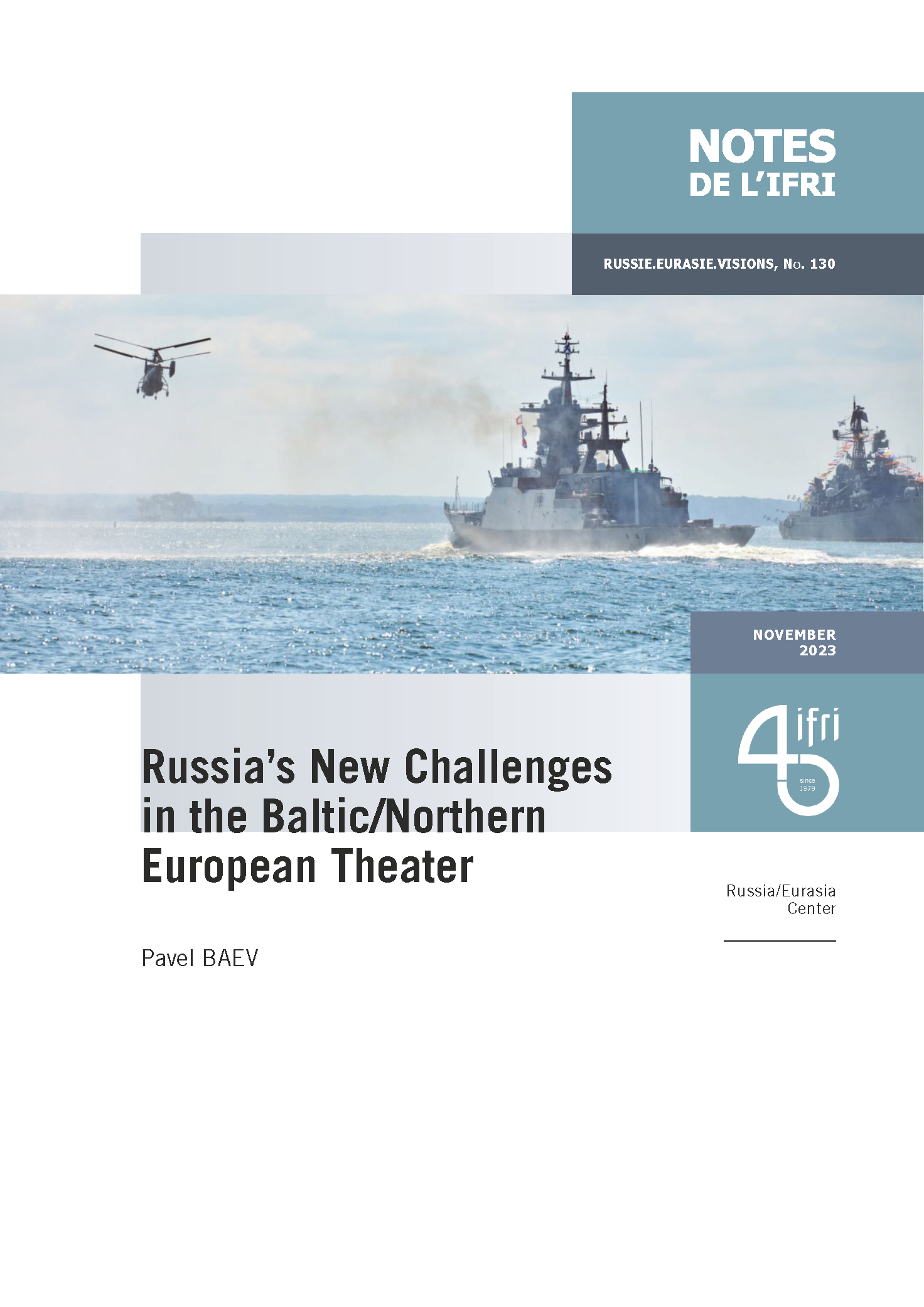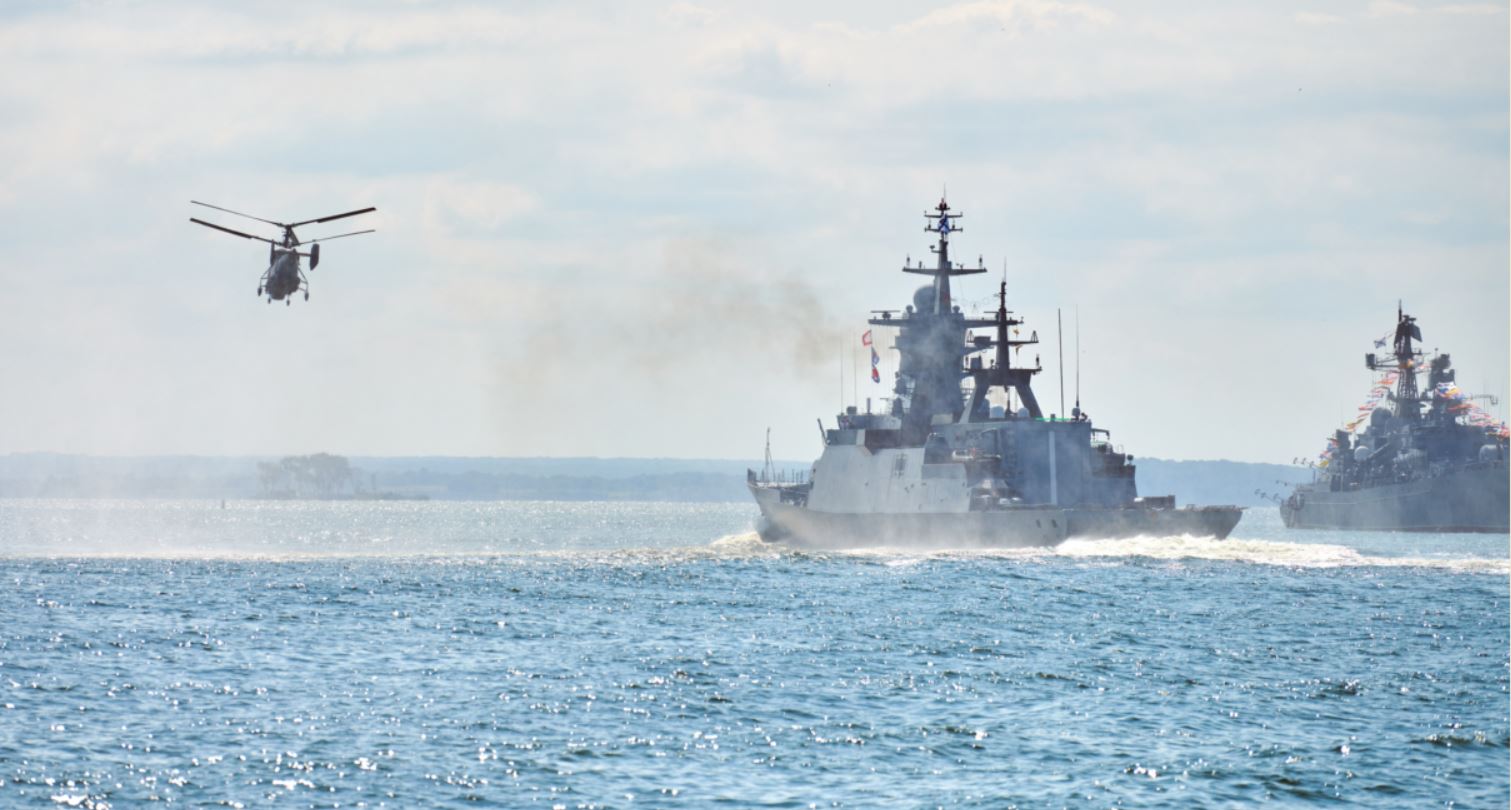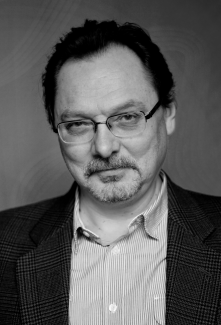Russia’s New Challenges in the Baltic/Northern European Theater

The long war in Ukraine has brought a drastic geopolitical reconfiguration of the Baltic theater and a deep shift in the military balance between Russia and the North Atlantic Treaty Organization (NATO).

Russia has effectively lost its position of power and the capacity to threaten its neighbors with projections of military power, and while for many Western policy planners these changes appear unnatural and transitional, in Moscow they are perceived as both unacceptable and irreversible.
Already in the first phase of its invasion into Ukraine, the Russian high command found it necessary to redeploy the most combat-capable units, including the Air Assault Division and the Marine Brigade, to the key offensive operations, while the Baltic Fleet dispatched its amphibious capabilities to the Black Sea. In the ongoing phase of defensive battles, these units are fully engaged in countering the Ukrainian counter-offensive, so that “Fortress Kaliningrad” is left without most of its garrison. The accession of Finland and Sweden to NATO has undercut Russian strategic planning, in which the Baltic and the Arctic theaters were separate directions under different commands, and particular goals in exploiting military superiority, which is currently lost. Russia has gained unrestricted military access to Belarus, but the shortage of forces limits the usefulness of this alliance, while the deployment of non-strategic nuclear warheads amount to a very troublesome combination.
Whatever the scope of the outcome of the war, Russia will not be able to rebuild a position of military superiority in the Baltic theater or even to set an approximate balance of forces with NATO, which is implementing a new plan to strengthen its posture in this reconfigured direction. Moscow might rely on “deterrence by punishment”, assuming that many Western urban centers are within the reach of its Kalibr and Iskander missiles, but it may also opt for greater reliance on nuclear weapons, which can be deployed to Kaliningrad. These measures cannot alter the strategic reality of Russia’s irreducible vulnerability, so a new post-Putin leadership, whatever its composition, might find it necessary to moderate or abandon completely the track of militarized confrontation with the West and to seek opportunities for restoring cooperative patterns, for which the Baltic region is the most promising interface.
Dr Pavel K. Baev is a Research Professor at the Peace Research Institute, Oslo (PRIO). He is also a Senior Non-Resident Fellow at the Brookings Institution, Washington D.C., and an Associate Research Fellow at Ifri, Paris.
Download the full analysis
This page contains only a summary of our work. If you would like to have access to all the information from our research on the subject, you can download the full version in PDF format.
Russia’s New Challenges in the Baltic/Northern European Theater
Related centers and programs
Discover our other research centers and programsFind out more
Discover all our analysesThe Caspian Sea as an Emerging Energy Hub : Potentials and Limitations
This report analyzes the prospects of the Caspian Sea region — and its key actors except for Russia and Iran — becoming an important energy hub serving the needs of the European Union (EU).
The European Union's Strategic Test in Georgia
The political crisis brewing in Georgia is of an existential nature for the country. What is at stake is Georgia's future as a democratic and sovereign European nation (EU).
Commanders of Putin's Long War: Purged, Reshuffled and Disgruntled
The trend of reshuffling the Russian top military command in the course of a fast-evolving and far from successful war has progressed unevenly both across the Armed Forces’ structures and in time. The rationale for and timing of the abrupt cadre decisions made by Commander-in-Chief Putin often defy logical explanation, and the rare official clarifications are no more informative than the usual information blackout.
Russian Military Manpower After Two and a Half Years of War in Ukraine
In addition to a military victory in Ukraine, the Russian leadership is planning to build up sizable troop formations for a possible conflict with NATO in the Baltic region and the Kola Peninsula. In particular, current plans aim for the military manpower to grow by about 350,000, reaching a total of 1.5 million soldiers and commanders. In the context of the current conflict in Ukraine, this cannot be accomplished without a new wave of mass mobilization.













